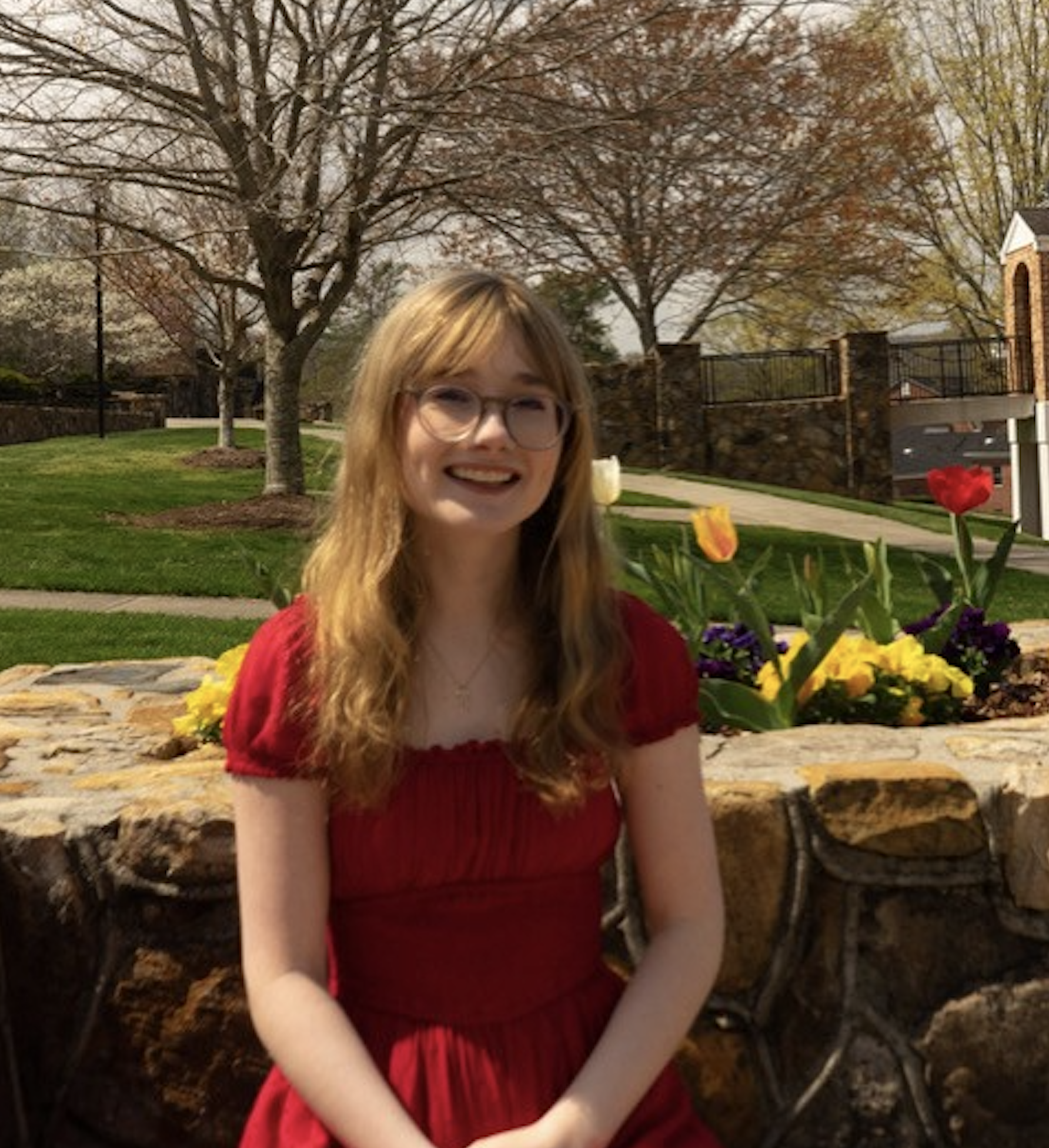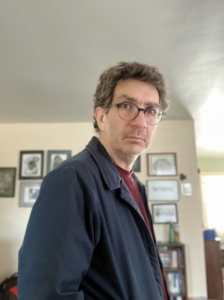GASTON: What first got you into writing science fiction? Do any of your other stories also work in this genre?
GRAY: I have always been a fan of science fiction beginning with my youthful fascination with Star Wars and Star Trek, not to mention the scores of comic books I devoured. However, it wasn’t until reading Kurt Vonnegut that I got a sense of how I might approach the science fiction genre. Later influences (in terms of my engagement with them) would be George Saunders, Allegra Hyde, Italo Calvino, and Steven Millhauser who all have this off-kilter approach to science fiction that illuminated the possibilities of the genre for me. To me, all of these writers do a great job of taking new scientific developments and using them to examine the ways in which technology contains the possibility to magnify our human foibles.
I like to flit between different genres in fiction. I have written stories that are more akin to realism and magical realism. I would say that “The Holodeparted” is my first real success in writing a science fiction story.
GASTON: What inspired you to write this story? What does the concept of a Holodeparted mean to you?
GRAY: I will try to keep my answer succinct, but there are a lot of things that contributed to the inspiration and development of this story.
As A.I. grows ever more sophisticated, especially with the learning capabilities illustrated through Large Language Models like ChatGPT, the potential for this technology to intercede and even disrupt our lives seems to be pretty enormous. A.I., to me, seems like a greater technological leap than smart phones or even the Internet. I am really worried about how A.I. will end up impacting humans within the next five years.
Part of my worry stems from my interest in postmodern philosophy and theory. In the 1960s, thinkers like Jean Baudrillard were concerned by how capital has mobilized news and entertainment to basically blur the line between fact and fiction or truth and reality. My personal opinion is that humans have always had a hard time distinguishing between reality and illusion, but with A.I. programs able to produce convincing “deep fakes,” that line has seemingly completely dissolved. I suspect that there will come a time (arguably, it’s here already) when we will be able to select reality a la carte, so to speak, and I wondered what it might take for me to completely abandon reality for a nourishing fiction.
As a parent, I am constantly worried for my children to a selfish degree. I know I would completely fall apart if the unthinkable were to happen to them. So, for me, seeking any kind of consolation for that loss would totally lead me to abandon reality, whatever we might say that is.
So, those were the three central forces that led me to write “The Holodeparted.” A funny thing about writing, though, is that as the story developed, the question of what exactly constitutes reality grew more elusive. Is the Holodeparted of Cooper any less real than the biological one?
GASTON: What was it like writing two characters facing grief in very different ways? What do you see as the most impactful moment of the story?
GRAY: Grief is such a personal emotion and our reactions to loss can often be as confusing to us as to those in our orbits. I think the difficult part of writing this story was to honor the feelings and motivations of both characters without administering judgement on them. In my revisions, I was constantly trying to decide if a certain action made Marissa seem too callous or Jeremy seem too flighty. My hope is that the reader can empathize with both characters.
The interview intake scene in which Jeremy and Marissa are offering their recollections of Cooper, I think, is the most impactful moment of the story. Or, I should say, it was the scene that kind of unlocked the characters for me and helped me to better understand their reactions both to the death of their child and the Holodeparted’s representation of that child.
There are some interesting references to music in the story (for example, the Cat Stevens song, plus the old stereo that Jeremy restores). Do you see music as having any particular significance for the story?
I am a big music nerd, so I like to incorporate references as much as I can. It’s fun for me. In the case of “Wild World,” for the longest time, I thought the song was about a parent sending their child off into the world and having a hard time letting go (it’s actually about a jilted lover passive-aggressively taunting his ex-girlfriend), but essentially, the song is about the unwillingness to move on, so I thought that provided a nice bit of foreshadowing.
I also think musical taste is another tool writers can use to characterize our characters, just as clothing choices and home decorations do. In the case of Jeremy, his fondness for 70s soft rock helps me to illustrate him as a mild, sweet-natured guy. I have had writing instructors push against my tendency to employ music references because they argue the references could date the story or alienate readers. I don’t really understand that. For example, in The Great Gatsby, Fitzgerald devotes a couple of pages of action interspersed with lyrics from “Ain’t We Got Fun.” While familiarity with the song may add a deeper understanding of the text, the lyrics demonstrate the hedonism Fitzgerald was decrying in his novel to such a degree that readers get the gist, despite not knowing the song.
GASTON: I have been working on some of my own sci-fi short stories, and was wondering what advice you have for young authors in this genre?
GRAY: Oh my gosh, this is a much harder question than I anticipated. I tend to think of science fiction as a warning. Beginning with Mary Shelley’s Frankenstein, science fiction has excelled in considering how developing technologies might adversely impact humanity in some way. Then again, there are also examples of science fiction that presents a much more optimistic view of developing tech, a nearly utopian yearning for technology’s ability to unshackle humanity from the bigotry and xenophobia to which we have been historically prone.
So, I suppose my answer is that the science fictional element should be mobilized to explore something integral to the experience of being human—grief, joy, disappointment, or whatever. Don’t feel like you need to get too bogged down in explaining how your science-fictional element works, at least not in the first couple of drafts; work out the story, character development, and themes first. You can always go back and expand on exposition later if you feel it is warranted.
GASTON: How do you balance having time to teach while also writing stories to complete your dissertation project for PhD candidacy?
GRAY: It’s a ton of work and on top of that, I am married and have two kids, so I am pretty busy throughout the academic year. What helped me was to aim for at least fifteen minutes of writing a day. I may only complete one sentence, but it was one more sentence than I had before, so I consider it a win. During the summer, I have more free time to dedicate to writing, so I try my best to get big chunks of stories completed then and use the academic year to revise.


 JUSTIN GRAY writes fiction interrogating authority, identity, and the state of the subject under late capitalism and has published works in various literary publications.
JUSTIN GRAY writes fiction interrogating authority, identity, and the state of the subject under late capitalism and has published works in various literary publications.